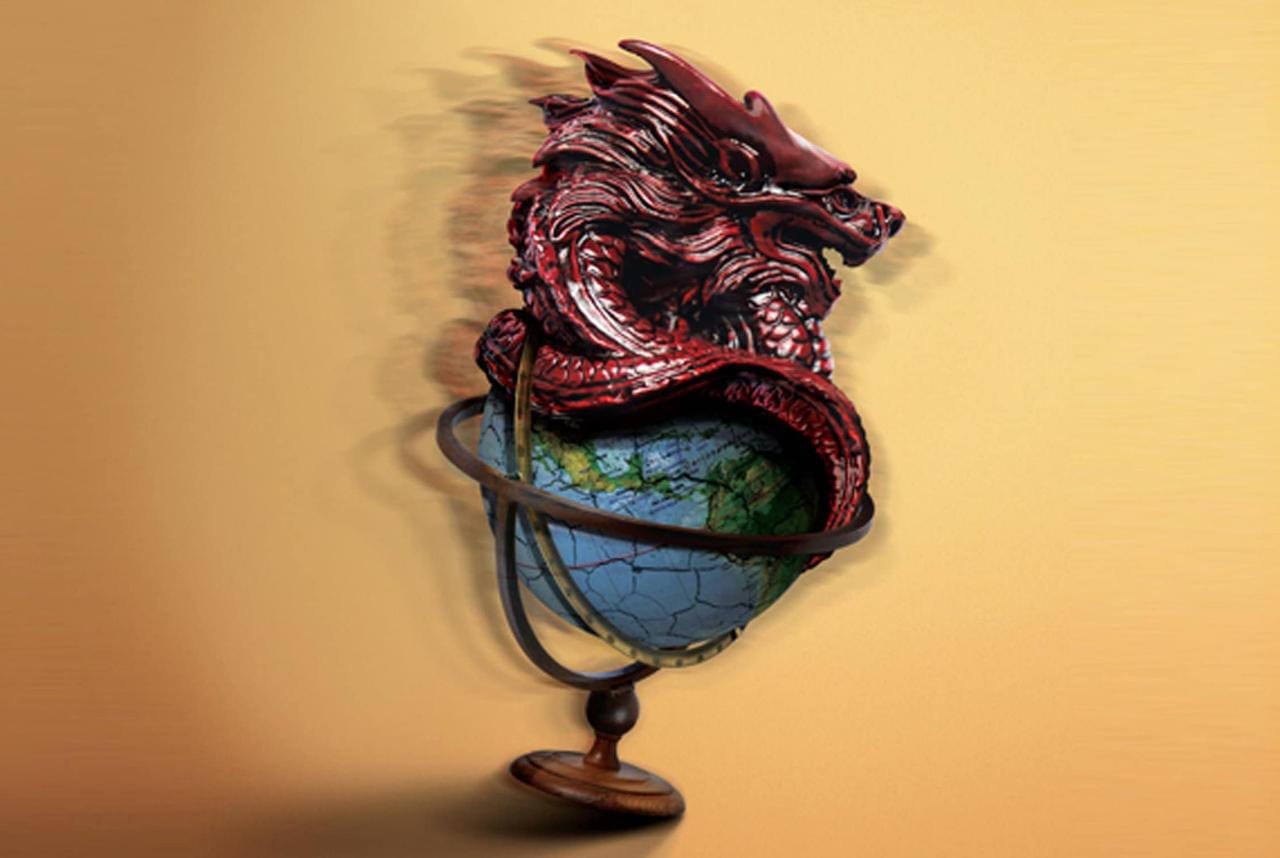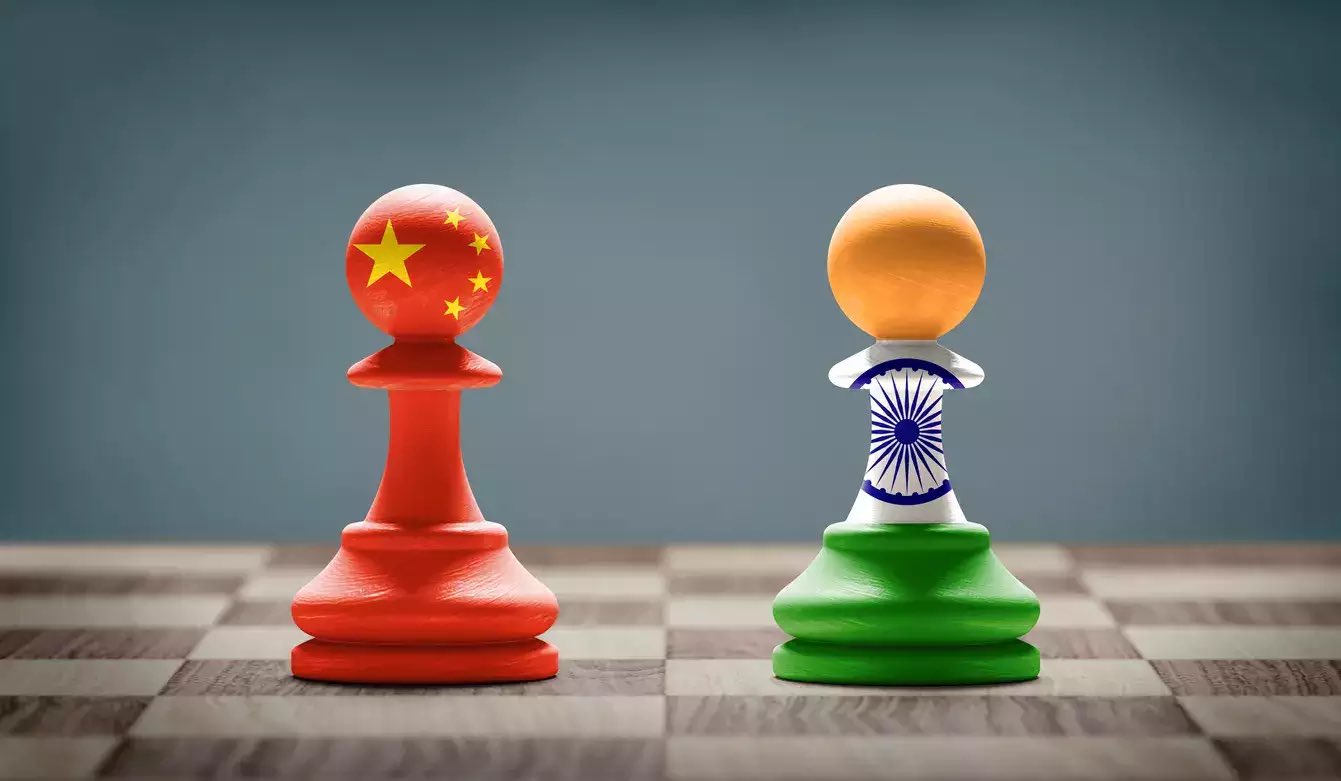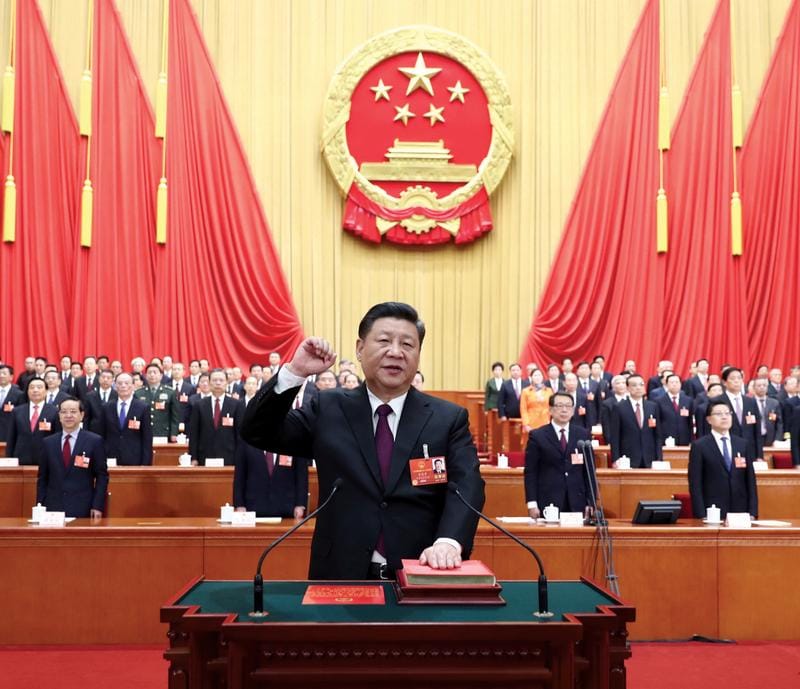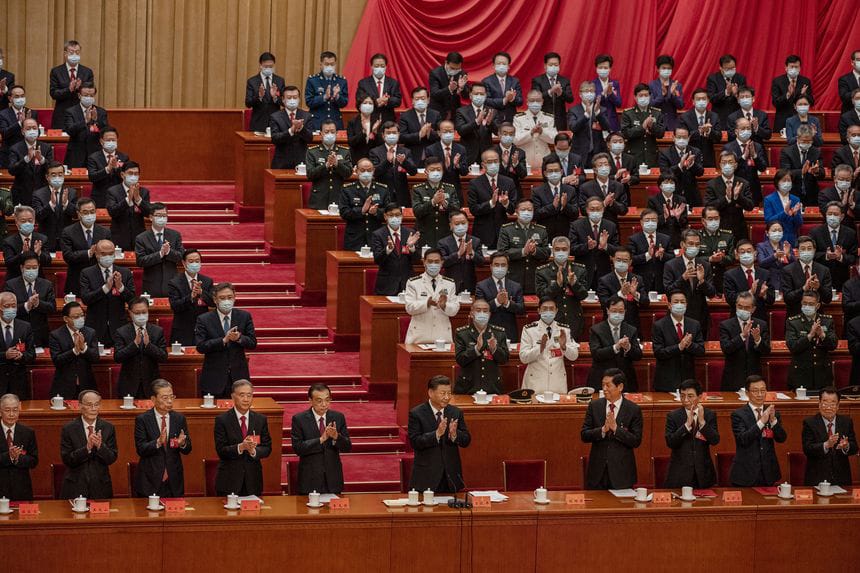Note4Students
From UPSC perspective, the following things are important :
Prelims level: Not much
Mains level: Assertive china and its implications on India and the world
Context
- China’s 20th Party Congress concluded with hardly any surprises, and a predetermined script was implemented without any hitch. Xi Jinping was anointed President for an unprecedented third term, and all six of his acolytes made it to the powerful Politburo Standing Committee.
Why China’s 20th Party Congress is important?
- Extension of tenure of Xi Jinping: Xi’s ‘core’ status has been further reinforced, and he is now set to eclipse Deng Xiaoping and Jiang Zemin, placing him next only to Mao. Mr. Xi’s Thought on ‘Socialism with Chinese Characteristics for a New Era’ will be the Chinese Communist Party/Communist Party of China (CCP)’s guiding philosophy for the future.
- Xi’s control over party: It was also evident that Mr. Xi enjoys wide, if not overwhelming, support within the Party elite, enabling him to infuse a renewed sense of purpose alongside tightening of controls over it.
- High focus on national security: National security would be the key factor dictating all aspects of governance. A common theme that permeated the proceedings was affirmation of the CCP’s historical mission.
- Emphasized ideological coherence: There was only a single narrative, crafted in a manner that extolled Mr. Xi’s role in revitalization of the CCP, further enhancing his cult status. Unequivocally rejected was an earlier Xi thesis of a ‘Community of Common Destiny’ which has been replaced by the belief that international public opinion was currently anti-China and also included an incitement to overthrow the existing Communist regime. To counter such disruptive philosophies, it had become necessary for the CCP to emphasize ideological coherence and internal discipline.
- Avoiding the soviet style collapse: This would help to avoid the danger of a ‘Soviet style collapse’ caused by ideological laxity, corruption, divisions within the party and attempts by outsiders to foment unrest.
What are the problematic declarations at 20th party congress?
- Undermining the USA: In the realm of geopolitics, the Congress declared that the objective is to effectively reduce the authority and the power of the United States.
- Rejecting the Indo-pacific: This was especially true of China’s neighborhood, essentially the Indo-Pacific.
- Achieving the lost glory: Also, to be eschewed by China were the vague and contradictory goals of the past, made at a time when China sought to make rapid progress in several directions.
- Theory of victimhood of international conspiracy: Implicit in the proceedings was the belief that China was being deliberately denied access, and the ability, to import certain vital technological items, and in this regard, of being a victim of major international conspiracies. Earlier pragmatism was replaced by concerns about western pressures to derail China’s progress.
- Possible lifelong tenure to Xi: The Party Congress is indicative of the fact that Mr. Xi is much more than a mere party ‘restorer’, and that he adheres to the belief that the CCP’s role is central to Chinese society and critical to determining China’s role in world affairs.
- Raising the national strength and international influence: In terms of China’s world view, the Party Congress reiterated that the goal is to make China a modern socialist power by 2035, boost per capita income to middle income levels, and modernise the armed forces. By 2049, the 100th anniversary of the Peoples’ Republic of China, China is determined to lead the world in terms of composite national strength and international influence.

What are the implications for the world?
- Premature takeover of Taiwan: one can expect that notwithstanding the level of rhetoric and assertions that this is a dangerous phase, China is unlikely to take any premature step to take over Taiwan, and thereby risk a wider conflict with the U.S. and the rest of the world at this point. Mr. Xi is far more likely to devote attention to internal matters within China, since unity within the Communist Party remains ephemeral; while dissent has been stamped out for the present, more consolidation would be necessary.
- Short term conciliation with world: Consequently, one might well see China stepping back from its present confrontational posture with the U.S. and several other countries, and adopting a more conciliatory approach in the near future.
- Conflicts are likely to happen: There are, of course, certain red lines any attempt at provocation within the ‘First Island Chain’, or encouraging Taiwan to seek independence or break away from China are certain to lead to a conflict, irrespective of how it would adversely affect China’s 2049 plans and objectives.

Implications for India
- Border incursion will rise: In India’s case, further skirmishes between the two countries along the several thousand kilometres of the undefined land border is to be expected.
- Conflicts in Indian ocean: China is unlikely to embark on an open conflict with it anywhere else in the Indian Ocean region. This could alter, if India were to pursue a more aggressive policy in support of the West’s ‘open seas policy’ in waters in China’s vicinity.
- Prime target in west vs China battle: India is, however, likely to be a principal target of Chinese wrath in the next few years. As India’s economic fortunes steadily improve even as China’s declines, the perception conflict will become more intense.
- China’s progress at the cost of India: Moreover, if India is seen as a major recipient of western technology, the kind being denied to China, China would make it a point to use its economic, rather than military muscle, to deter India’s progress. For China to achieve greatness by 2049, subduing India economically, and reducing its image in the eyes of the world would be critically important.
Conclusion
- China’s middle kingdom complex, unjustified assertion, paranoic claims on borders and seas and wolf warrior diplomacy is against the international rules and order. China has challenged the USA’s hegemony and entire international system without any tangible punishment. India has to choose its options carefully without compromising national security and ambitions.
Get an IAS/IPS ranker as your 1: 1 personal mentor for UPSC 2024


